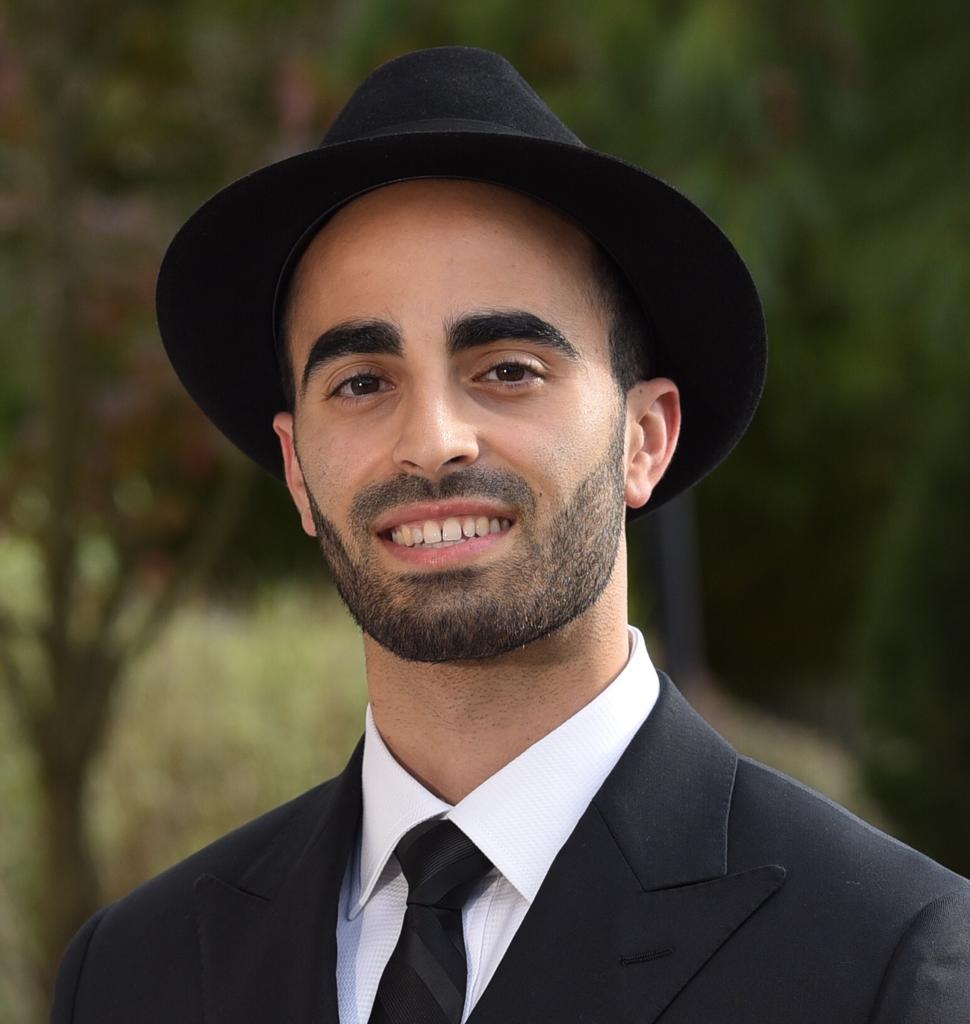
One Day It Will All Make Sense
From the moment the brothers came face to face with the ruler of Egypt, Yosef—whom they hadn’t yet realized was their very own brother—they experienced


From the moment the brothers came face to face with the ruler of Egypt, Yosef—whom they hadn’t yet realized was their very own brother—they experienced

Our parsha begins with, “It happened at the end of two years to the day: And Pharaoh was dreaming…” The two years refers to Yosef’s

Our parsha begins with, “And Yaakov dwelled…” Picking up on the word “dwelled,” Rashi—based on the Midrash—explains that this teaches us that “Yaakov wanted to

Following Yaakov and Eisav’s encounter they part ways, as our parsha states: “Eisav returned on that day on his way towards Seir. But Yaakov journeyed

Under a thick disguise of Eisav’s clothing, with his arms and neck covered in goat skin, Yaakov approaches his father, Yitzchak, to receive the weighty

Our parsha begins with the pasuk: “The years of Sarah’s life were one-hundred years, and twenty years, and seven years; the years of Sarah’s life.”

While it might seem that for Avraham the nisayon (test) of Akeidat Yitzchak was solely the challenge of slaughtering his most beloved, dear and long

“Avraham, our forefather, was tested with 10 trials, and he withstood all of them” (Pirkei Avot, chapter 5), and our parsha begins with the trial

By the creation of man, Hashem said (to the angels), “Let us make man.” The midrash says that when Moshe Rabbeinu was writing down the

In parshat Vzot Habracha, Moshe passes away, and there seems to be a theme in his legacy that can be gleaned from this parsha. The

Our parsha contains the famous pasuk: “And Yeshurun became fat and kicked. You became fat, you became thick, you became corpulent—and it deserted Hashem its

At one point in David Hamelech’s reign as king, his very own son Avshalom designs an entire revolt against him, committing atrocity upon atrocity. From